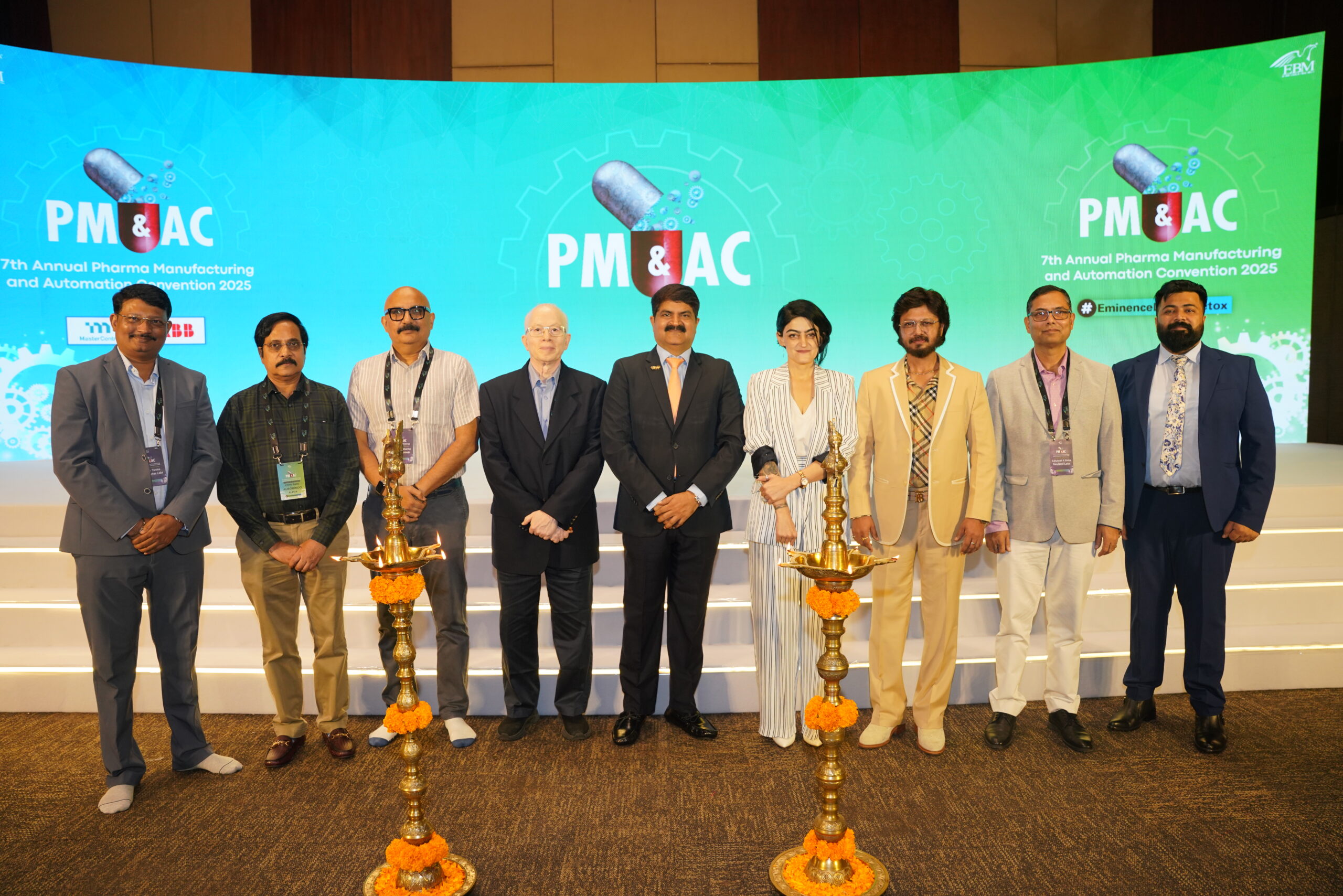Q1. What problem in the pharmaceutical industry led you to create MedScore?
A: Having worked across pharma retail, distribution, and logistics for over two decades, I repeatedly saw how the lack of a structured credit assessment system led to delayed payments, mounting defaults, and financial uncertainty across the supply chain. Distributors were extending credit purely on trust, with no visibility into actual repayment behavior of retailers.
Traditional credit systems failed to capture the ground realities of this fast-moving and relationship-driven sector. These inefficiencies silently eroded margins, restricted growth, and created constant working capital stress—especially in tier-2 and tier-3 markets. I realized the industry needed its own real-time credit infrastructure, one that translated actual trade behavior into risk insights. That led to the creation of MedScore—a platform designed to bring transparency, discipline, and smarter credit decisions to B2B pharma trade. Today, MedScore supports over 300 distributors, 3,000 retailers, and aggregates data from more than 2.1 lakh pharmacies across India.
Q2. How does MedScore’s credit risk model work differently from existing solutions?
A: Unlike traditional credit systems that rely on documentation or self-reported data, our model is built specifically for the fast-moving world of pharmaceutical trade, where formal records are often missing or unreliable.
We capture real-time transaction behavior directly from ERP systems, analyzing payment history, billing patterns, credit exposure, and days sales outstanding to create dynamic credit profiles. This gives us a live and accurate view of a retailer’s financial discipline, enabling predictive risk assessment that evolves with every transaction.
Our proprietary, patent-filed scoring model is tailored to pharma supply chains, identifying early warning signs and automating credit alerts. Embedding these insights into daily workflows empowers distributors to make smarter, faster, and safer credit decisions—something generic credit solutions simply cannot offer.
Q3. In what ways is MedScore improving payment reliability in the pharma supply chain?
A: MedScore transforms informal credit practices into structured, data-driven decisions grounded in real-time financial behavior. Our platform captures key indicators like billing frequency, payment timelines, and credit exposure, allowing distributors to assess risk with precision.
For instance, a distributor in Telangana flagged a retailer’s slipping payment cycle through our dashboard and adjusted credit limits before it impacted cash flow. Dynamic credit scores and automated alerts help detect early signs of default, enabling timely interventions that preserve liquidity and maintain medicine availability.
Retailers also benefit by establishing a digital credit identity that opens access to better trade terms and financing. Ultimately, this ecosystem of transparency and accountability reduces delinquency, protects working capital, and strengthens trust across the supply chain.
Q4. Can you explain the role of real-time data in assessing creditworthiness?
A: In our experience, nothing reveals a retailer’s creditworthiness more accurately than real-time behavior. We track live payment habits, billing cycles, and credit exposure directly from ERP systems—assessing risk based on what’s actually happening, not outdated reports.
For example, a distributor in Maharashtra noticed a consistent dip in payment punctuality from a retailer and revised credit terms before a default occurred. Earlier, such proactive action was impossible when decisions were based on reputation or gut feeling.
Now, real-time analytics guide smarter decisions and prevent working capital from being locked in risky accounts. Retailers with strong repayment records build a digital credit footprint that unlocks better trade terms and formal financing.
Q5. What impact has MedScore made so far on distributors and medical shops?
A: Payment delays no longer catch distributors off guard, and retailers now have a genuine opportunity to build credibility through data rather than relationships alone.
We capture real-time transactional behavior—such as payment timelines and billing patterns—transforming informal risk into clear and timely insights. Distributors can take preventive action, while disciplined retailers build a digital credit identity that earns them better trade terms and access to financing.
This shift is restoring trust, protecting working capital, and enabling safer decisions at scale. With over 300 distributors and 3,000 retailers onboarded, we’re now focused on expanding into more than 10 states and onboarding 1,000+ distributors and 2 lakh retailers in the next 12–15 months.
Q6. How does your patent-pending scoring system build trust in the ecosystem?
A: Trust in pharma trade has long depended on personal relationships and informal credit practices. Our patent-pending scoring system changes that by translating real-time payment behavior into dynamic credit scores that reflect true financial discipline.
Distributors now have a credible foundation to extend or withhold credit, while retailers build a digital credit identity that speaks for itself. The model captures billing consistency, purchase frequency, and days sales outstanding to create a score that evolves with every transaction.
As adoption grows, this becomes a shared language of trust—reducing disputes, improving cash flow planning, and replacing uncertainty with transparency.
Q7. How are you adapting MedScore’s model to other sectors like FMCG and retail?
A: Each sector has unique complexities. In FMCG, transactions are faster, margins tighter, and distribution networks more fragmented. Our scoring engine is recalibrated to account for factors like inventory turnover, seasonal demand, and cash-heavy retail operations.
The platform remains modular—the analytics framework stays intact, while risk indicators are fine-tuned for sector realities. For instance, in agri-trade, crop cycles and procurement behavior at the retail end become key inputs.
Through SafeCredits, our sector-agnostic extension, we’re building a context-aware credit infrastructure that replaces informal lending with real-time trust across underserved B2B ecosystems. The vision is to bring discipline, transparency, and financial inclusion to every trade network.






